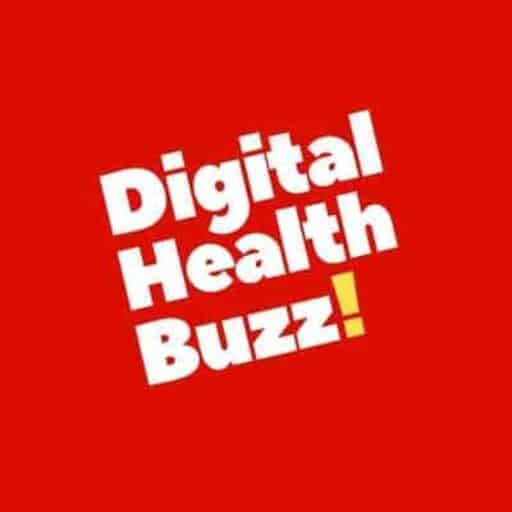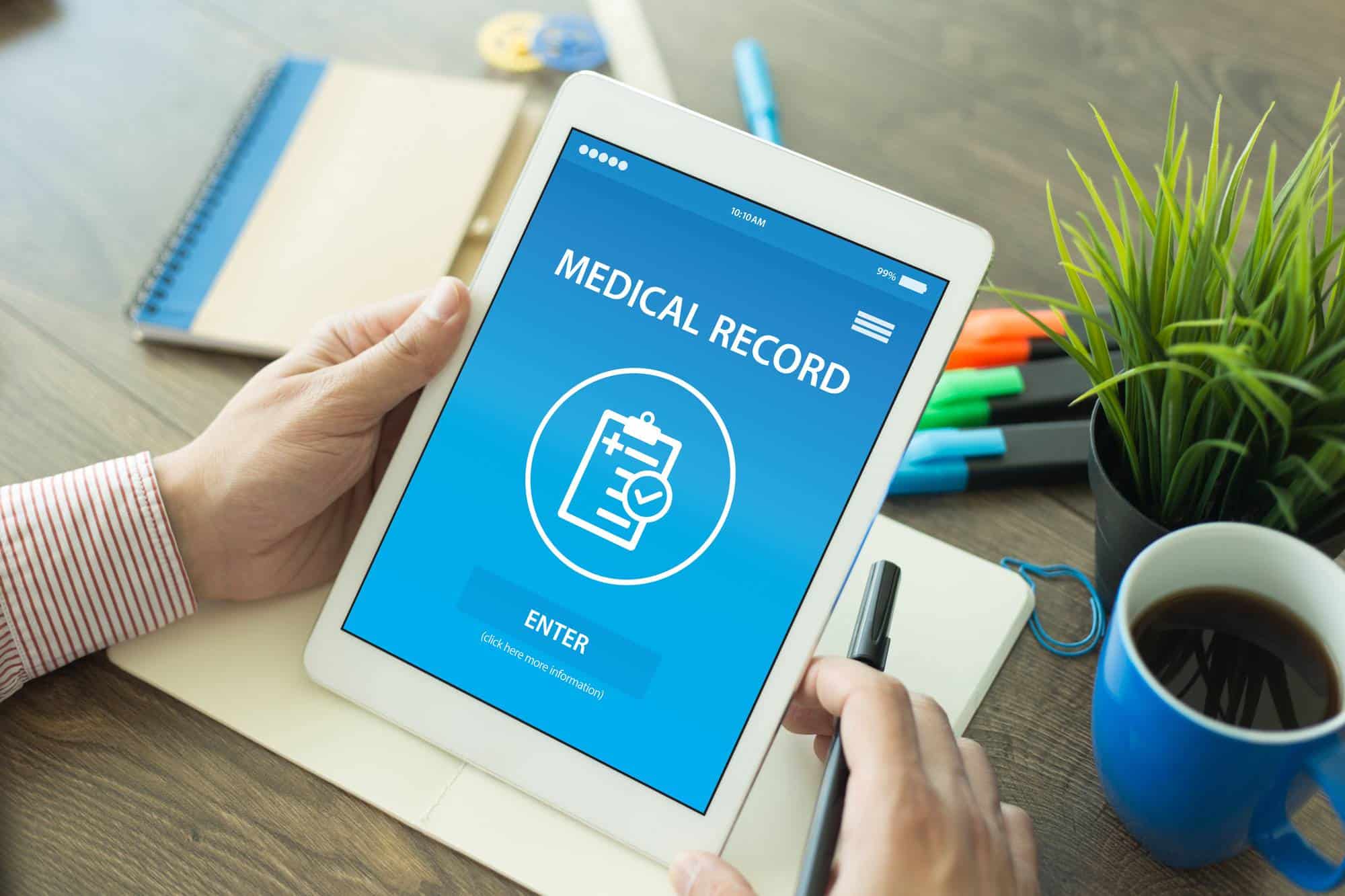Quality care for patients isn’t as one-dimensional as some people may think. The process of giving this kind of care also involves a look at the systemic barriers that hold patients back from accessing care. One such barrier that has a huge impact on the decisions that patients make is the element of cost. Now, there is a necessity to have transparency with patients. Fortunately, there is software out there that can help you address...
HomeCategory EMR/EHR
Asking a consumer to purchase your product is much easier said than done. Businesses can’t just ask a potential customer to buy their product upfront, especially when it involves managing and taking control of their data and personal information. Similarly, in a consumer’s point of view, entrusting your personal details to someone let alone a company or a unit in society, seems risky and daunting. You never know how and where your information might be...
EMR/EHRFeaturedHealth IT1upHealth: Creating a Better Healthcare Experience For Both Patients And Providers
4 years ago11 min
Designed to provide interoperable data for healthcare systems, FHIR interoperability leader 1upHealth has developed a system that connects providers and patients from over 10,000 healthcare facilities, bridging the gap between patient data and provider needs. One of the biggest issues in the medical community is the fact that patient data has been isolated in various Electronic Health Record (EHR) systems. As a result, healthcare providers struggle to access patient data, leading to a less than...
EHR systems used for large networks for healthcare delivery today are quite often seen as being far from user-friendly. They are viewed as being far from flexible and costly in their configuration. Healthcare providers require a sophisticated Electronic Health Record (EHR) Platform these are sometimes referred to as monolithic, EHR is almost always purchased from vendors and they require a vast amount of time, budget, and consulting assistance before they can be deployed, supported, and...
The Health Insurance Portability and Accountability Act (HIPAA) is a US federal law that was enacted in 1996. It was legislated to ensure that people can carry their health insurance from one company to another as they made progress in their careers or moved to other parts of the country. It was also meant to make the transfer of medical records from one health institution to the next easier. Lastly, HIPAA underscores the right of...
If healthcare were like popular music, most current EMR implementations could be compared to Top 40 radio, they focus on nothing but the latest hits. And while the hits may be fine for music, clinicians need more than the ‘hits’ to fully understand and diagnose their patients. To take the analogy further, clinicians need the entire back catalogue of albums to get a 360-degree patient view — which can be a challenge in today’s electronic...
EMR/EHRIs It Time for an EHR Revolution?
7 years ago8 min
During the Q&A period after a presentation I gave recently on understanding and preventing physician burnout, a physician in the audience voiced her vehement objections to the current electronic health record (EHR) with a simple statement: “We need a revolution.” In a few words she described her frustrations with the EHR. “It is meaningless—full of fields that we cut and paste from other fields. There are an ever-growing number of pull-down menus and boxes to...
Digital HealthEMR/EHRHealth ITMedical Practice ManagementWhat to Look for in a Practice Management Solution
7 years ago6 min
A good practice management solution is just like an oracle for your office. Often, companies get confused when it comes to buying an electronic practice management solution or system. They get confused because there are 2 types of practice management systems; there are bundled EMRs and then there are 2 interfaced systems. Both of these types result in complications in buying a specific practice management solution. So, here is what you should look for when...
EMR/EHRMobile Electronic Health Records and Physicians Came Close Together By the End of Year 2015
7 years ago11 min
In their survey, Black Book revealed that 70% of clinicians indicated their willing to use mobile Electronic Health Records (EHRs) devices and software by the end of 2015. What were the main outcomes of the survey? The survey had some interesting outcomes. 52% of practice physicians currently access patient records and/or reference data from a mobile device. Only 31% of physicians utilize smart phones as part of their individual patient management strategies. Emergency physicians, radiologists, OB/GYN,...









